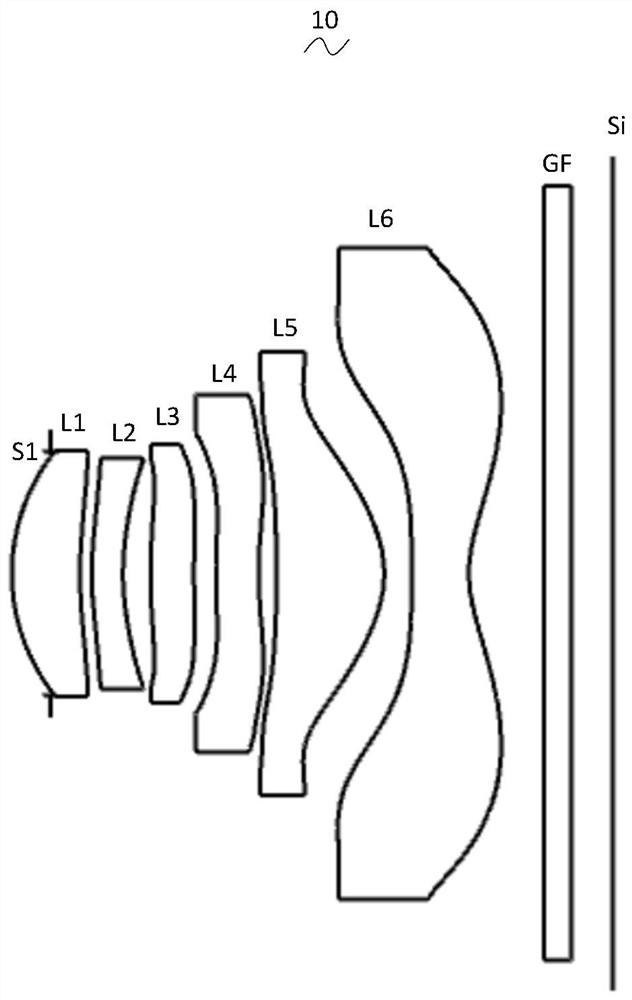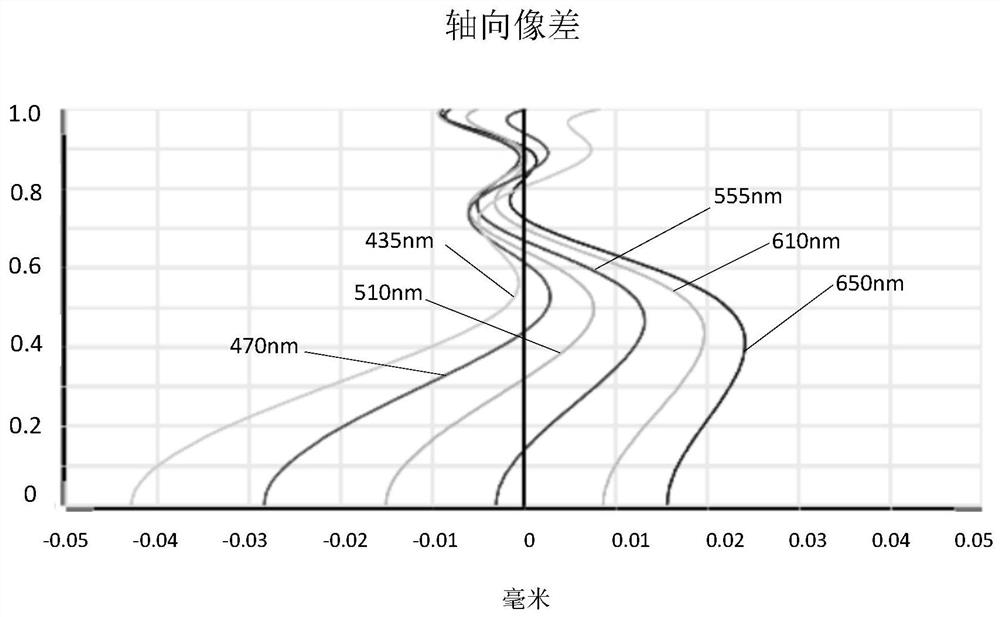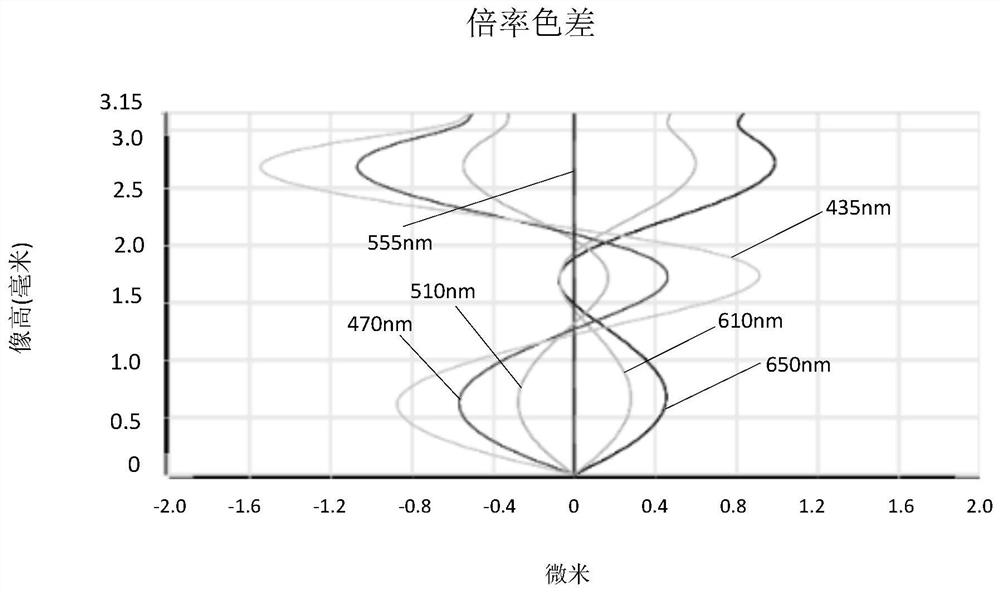Camera Optical Lens
An optical lens and lens technology, applied in the field of optical lenses, can solve the problems that the lens structure cannot meet the optical performance, optical power, lens spacing and unreasonable lens shape settings.
- Summary
- Abstract
- Description
- Claims
- Application Information
AI Technical Summary
Problems solved by technology
Method used
Image
Examples
no. 1 approach
[0032] Referring to the accompanying drawings, the present invention provides an imaging optical lens 10 . figure 1 Shown is the imaging optical lens 10 of the first embodiment of the present invention, and the imaging optical lens 10 includes six lenses. Specifically, the imaging optical lens 10 includes, from the object side to the image side in sequence: an aperture S1, a first lens L1, a second lens L2, a third lens L3, a fourth lens L4, a fifth lens L5, and a sixth lens. Lens L6. In this embodiment, preferably, an optical element such as a glass plate GF is arranged between the sixth lens L6 and the image plane Si, wherein the glass plate GF can be a glass cover, or an optical filter (filter). In other possible implementation manners, the glass plate GF can also be arranged at other positions.
[0033] In this embodiment, the first lens L1 has a positive refractive power, its object side is convex outward, and its image side is concave; the second lens L2 has negative r...
no. 2 approach
[0118] Figure 5 It is a schematic structural view of the imaging optical lens 20 in the second embodiment. The second embodiment is basically the same as the first embodiment, and the symbols have the same meanings as the first embodiment. Only the differences are listed below.
[0119] Table 5 and Table 6 show the design data of the camera 20 according to the second embodiment of the present invention.
[0120] 【table 5】
[0121]
[0122] 【Table 6】
[0123]
[0124] Table 7 and Table 8 show the design data of inflection point and stagnation point of each lens in the imaging optical lens 20 of the embodiment of the present invention.
[0125] 【Table 7】
[0126]
[0127]
[0128] 【Table 8】
[0129] Stationary number Stationary position 1 Stationary position 2 P1R1 P1R2 1 0.835 P2R1 1 0.825 P2R2 P3R1 1 0.635 P3R2 1 0.375 P4R1 1 0.445 P4R2 1 0.645 P5R1 2 1.275 1.37...
no. 3 approach
[0134] Figure 9 It is a schematic structural view of the imaging optical lens 30 in the third embodiment. The third embodiment is basically the same as the first embodiment, and the symbols have the same meanings as the first embodiment. Only the differences are listed below.
[0135] Table 9 and Table 10 show design data of the imaging optical lens 30 according to the third embodiment of the present invention.
[0136] 【Table 9】
[0137]
[0138] 【Table 10】
[0139]
[0140]
[0141] Table 11 and Table 12 show the design data of inflection point and stagnation point of each lens in the imaging optical lens 30 of the embodiment of the present invention.
[0142] 【Table 11】
[0143] Number of inflection points Inflection point position 1 Inflection point position 2 Inflection point position 3 P1R1 P1R2 1 0.625 P2R1 1 0.375 P2R2 1 0.695 P3R1 2 0.435 0.835 P3R2 2 0.085 0.865 P4R1...
PUM
 Login to View More
Login to View More Abstract
Description
Claims
Application Information
 Login to View More
Login to View More - R&D
- Intellectual Property
- Life Sciences
- Materials
- Tech Scout
- Unparalleled Data Quality
- Higher Quality Content
- 60% Fewer Hallucinations
Browse by: Latest US Patents, China's latest patents, Technical Efficacy Thesaurus, Application Domain, Technology Topic, Popular Technical Reports.
© 2025 PatSnap. All rights reserved.Legal|Privacy policy|Modern Slavery Act Transparency Statement|Sitemap|About US| Contact US: help@patsnap.com



